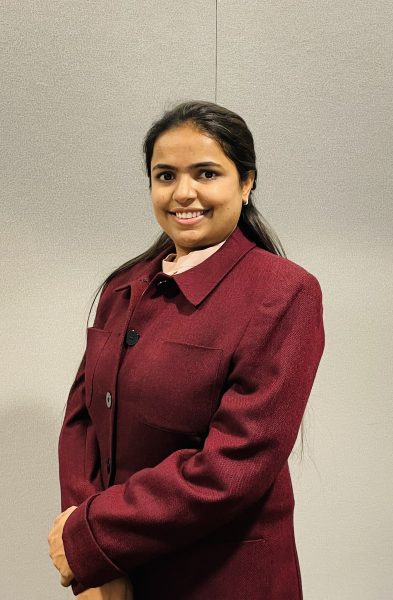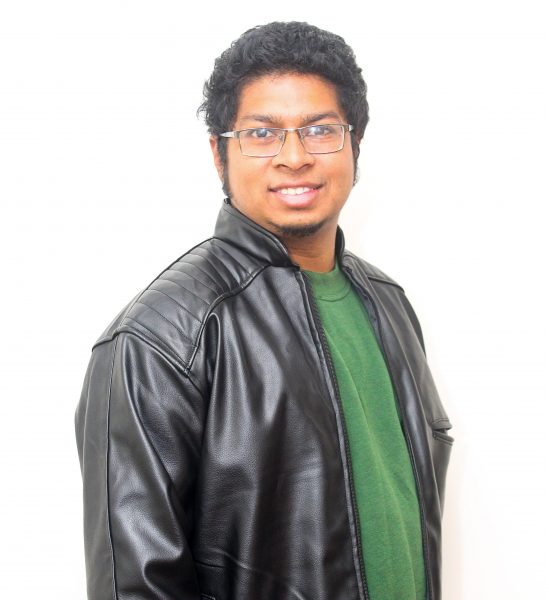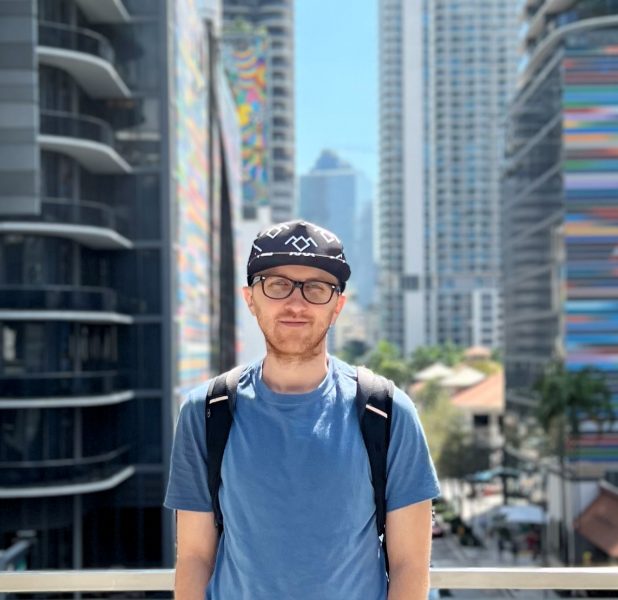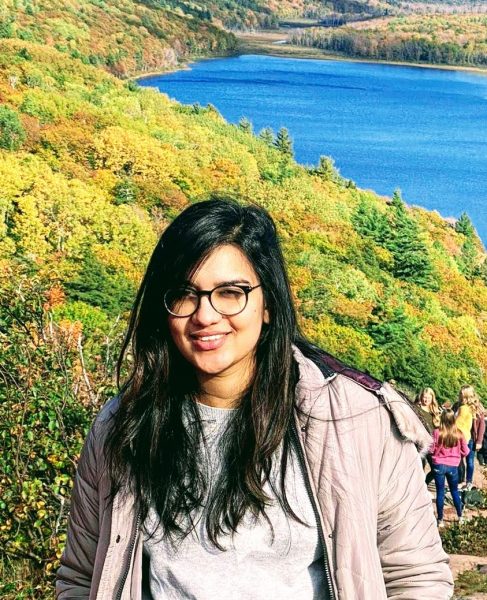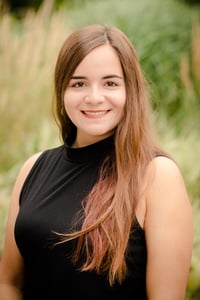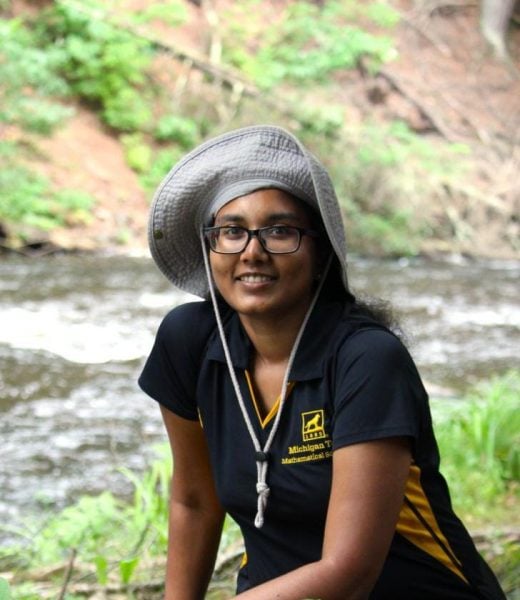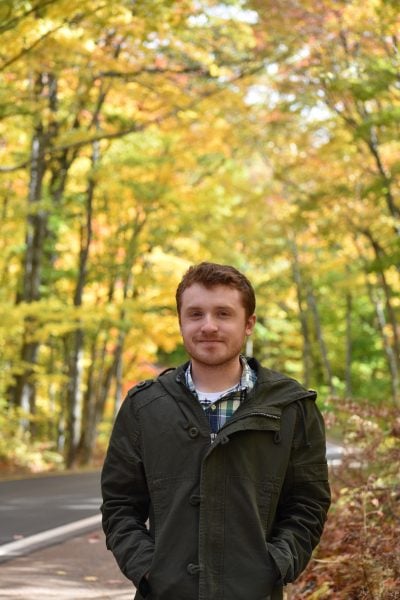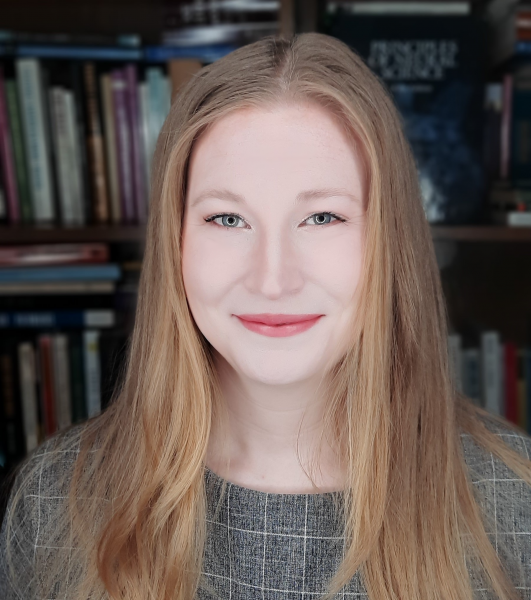I joined the Ph.D.in Chemistry program at Michigan Tech in Fall 2018. Prior to this, I obtained a Bachelor’s degree in Chemistry from Miranda House, University of Delhi, New Delhi, India in 2016 and Master’s in Organic Chemistry from Maharshi Dayanand University, Rohtak, India in 2018. During the course of my Ph.D., I honed multiple skills needed for the organic laboratory work, and developed various interpersonal skills including communication, presentation, critical thinking, problem-solving, collaboration, leadership qualities and many more. These skills have not only contributed to my research success but have also shaped me into a confident and capable professional.
As an organic chemist, to accomplish the research objectives, I successfully synthesized various small and macromolecules that served as a monomer for oligodeoxynucleotides. This process involved the utilization of various instrumental analysis techniques. During my research, I focused on the synthesis of sensitive oligodeoxynucleotides under mild deprotection and cleavage conditions. Sensitive oligodeoxynucleotides are the DNA nucleosides that are unstable to harsh deprotection and cleavage conditions. The results of my work have been published in the New Journal of Chemistry in 2023. Furthermore, I developed a method for the direct quantification of the oligodeoxynucleotides using the HPLC peak area. This method not only eliminated the need for additional steps in quantification and purification but also saved valuable time for the researchers. The details of this method were published in PeerJ Analytical Chemistry in 2022. Additionally, I was able to achieve the 49 bases long oligodeoxynucleotides which could retain the sensitive groups under mild deprotection and cleavage conditions. These sensitive groups are believed to be the modifications present in the human genome resulting in disease-cause. The manuscript on this accomplishment is under review in a prestigious Peer-Reviewed Journal.
I would also like to express my sincere gratitude towards the Graduate Dean Awards Advisory Panel and the Dean for providing me the Doctoral Finishing Fellowship for Fall 2023. This fellowship will help me to focus on my research goals while accomplishing all the degree completion timelines, including writing and defending my dissertation to graduate timely. Finally, I would like to sincerely thank my advisor Dr. Shiyue Fang whose unwavering support, guidance, and mentorship have been invaluable throughout my Ph.D. journey to help me to expand my knowledge and professional growth in the field.
